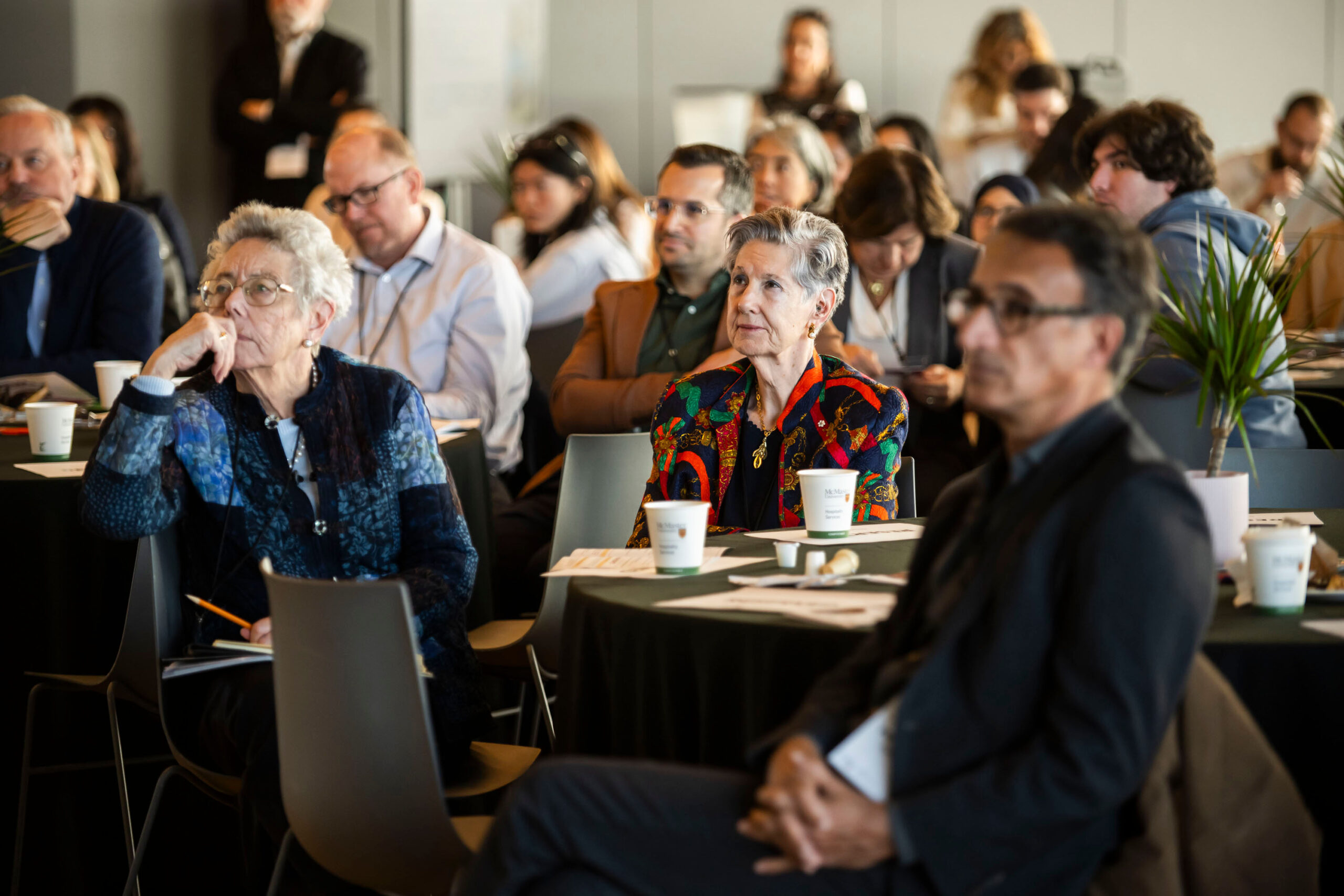
Published: April 14, 2021
The Bottom Line
- In Canada, depression is the most prevalent mental illness amongst older adults.
- Due to the COVID-19 pandemic, limiting or stopping in-person interactions with loved ones outside of our immediate household has become necessary, adding to feelings of social isolation and increasing the risk for depression.
- Telemedicine-based strategies, such as internet-based CBT, may have positive impacts on mental well-being by helping to reduce depressive symptoms in community-dwelling older adults.
- Check out the free mental health resources currently being made available by Canada’s federal, provincial, and territorial governments.
You’ve likely heard the statistic that one-in-five Canadians experience some form of mental illness or mental health problem every year. Mood disorders—like depression—are especially prevalent, with over 2.8 million Canadians experiencing a mood disorder in 2019. Amongst older adults, depression is the most common mental illness.
As the world continues to battle COVID-19, we can’t speak about mental health and well-being without acknowledging the impacts that this virus, and the efforts made to manage it, have had on us. Fear and anxiety around getting sick or having loved ones contract the virus; grief over the loss of family, friends, or community members; frustration from disruptions to everyday life; and social isolation brought on by limited to no in-person interaction with loved ones outside of our immediate household are just a few of the ways our thoughts, feelings, and actions have been affected. In fact, last year, over one-third of Canadians aged 65 and older expressed that there had been a negative impact on their mental health since the initiation of vital physical distancing measures. Why might that be? Well, the social isolation that stems from having to be physically distant from family, friends, neighbours, and other important figures in our lives can increase the risk of depression. Additionally, access to mental health services that can help us cope with and treat the issue have also decreased.
However, technology may offer some help when it comes to keeping us connected with much needed health services. A rapid review has placed the spotlight on technology by investigating the effect of telemedicine as a treatment for older adults with depressive symptoms or disorders who live in the community.
The McMaster Optimal Aging Portal (mcmasteroptimalaging.org), a unique online health resource created by McMaster University to support the healthy aging of Canada’s older adult population, is highlighting ways to stay active and engaged while practicing physical distancing during the current COVID-19 pandemic.​ Read more​
​

